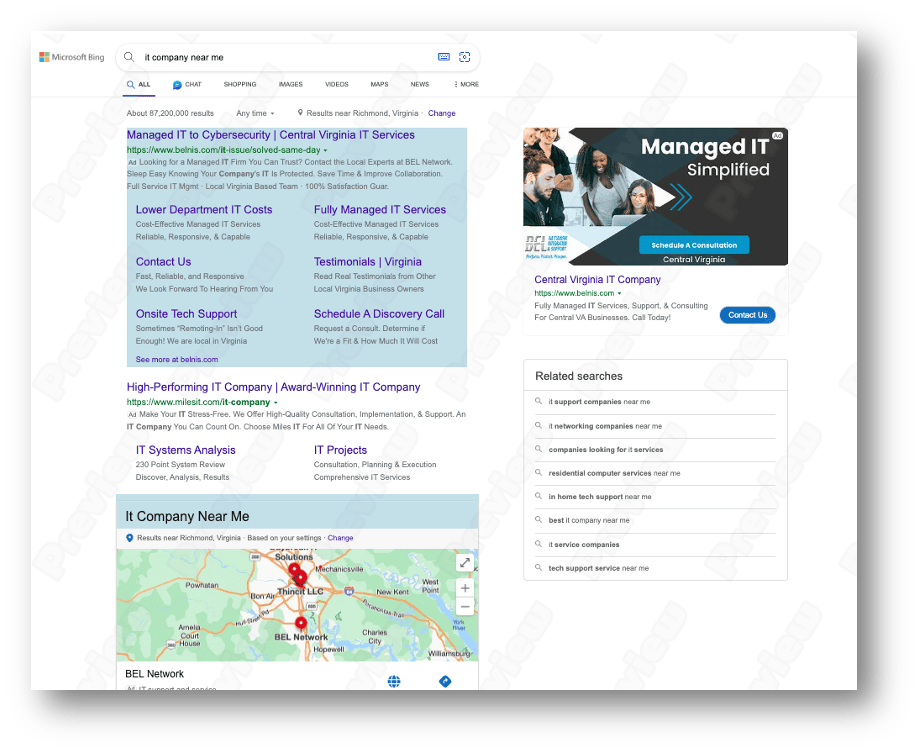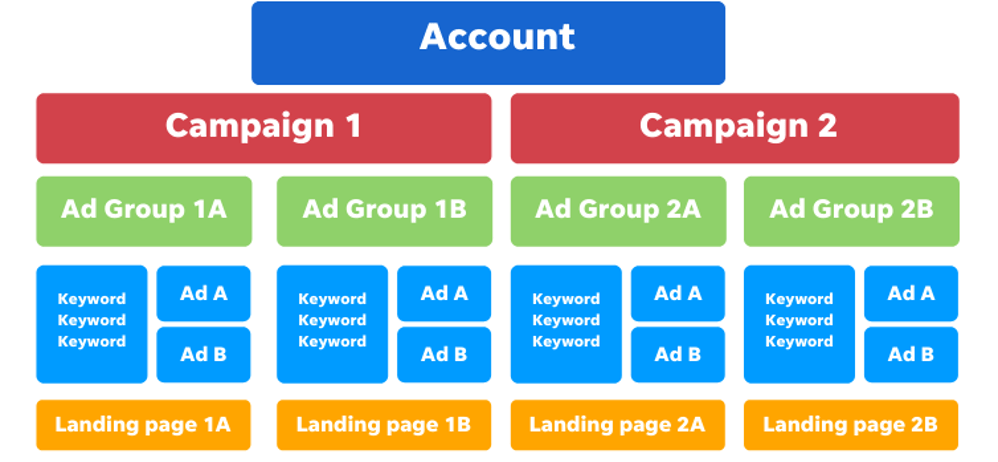Managed Service Providers (MSPs) are continually looking for effective strategies to stand out and attract more business. One tool in our arsenal is paid search ads. As someone deeply immersed in the IT sector, I’ve navigated the complexities of digital marketing to harness the power of paid search ads, and I’m here to share those insights with you.
Understanding Paid Search Ads
Paid search ads are a cornerstone of digital marketing, allowing businesses like ours to display advertisements to users actively searching for services we offer. This targeted approach ensures that our marketing efforts are seen by those most likely to convert, making it a highly efficient investment.
Why Paid Search Ads?
The beauty of paid search ads lies in their ability to deliver immediate visibility. Unlike organic search strategies, which take time to yield results, paid ads offer instant placement at the top of search engine results pages (SERPs). For MSPs, this means the difference between being seen by potential clients when they need us the most or being lost in the digital shuffle.

Crafting Effective Ads
Creating ads that resonate with our target audience is crucial. This involves understanding the specific needs and pain points of our potential clients and addressing them directly in our ad copy. For IT businesses, this could mean highlighting our expertise in cybersecurity, our 24/7 support, or our comprehensive IT solutions. The goal is to make our value proposition clear and compelling.
When we talk about creating ads that truly capture the attention of our audience, it’s about simplicity and testing. A great example from our experience is an ad we initially didn’t favor because it went against our typical design principles. However, it performed exceptionally well, driving significant engagement and clicks. This taught us the importance of testing various ad designs and copies, even those we might not personally like. The key is to focus on what works, what resonates with your audience, and what ultimately drives conversions. Leverage tools like Canva to experiment with different designs, ensuring our ads are not just visually appealing but also aligned with our target audience’s needs.
Keywords: The Foundation Of Success
At the heart of every successful paid search campaign are well-chosen keywords. These are the terms and phrases our potential clients use when searching for the services we offer.
Selecting the right keywords for is like choosing the right tools for a complex IT job. It’s about understanding the language our potential clients use when searching for services we offer. For instance, if we’re targeting IT consulting services, our keywords should closely align with terms like ‘IT consulting services’ or ‘B2B IT consulting.’ This alignment ensures our ads are shown to the most relevant audience, increasing the chances of engagement. It’s crucial to theme our ad groups around these keywords, creating a cohesive message that speaks directly to our target market’s queries. Remember, relevancy is key. If we’re advertising IT consulting, we shouldn’t mix in unrelated keywords, such as cybersecurity, as this dilutes the effectiveness of our campaigns.
Here’s an example of how to structure your campaigns for optimal alignment:

Measuring And Optimizing
The journey doesn’t end with launching our ads. Paid search advertising offers the advantage of detailed analytics, allowing us to measure the performance of our campaigns in real-time. By analyzing metrics such as click-through rates (CTR), conversion rates, and cost per acquisition (CPA), we can continually refine our approach, ensuring our advertising dollars are being spent in the most effective way possible.
Final Thoughts
As MSP owners, diving into the world of paid search ads can seem daunting. However, with the right strategy and a willingness to learn and adapt, it can become a pivotal part of our marketing strategy. I’ve seen firsthand the difference it can make in terms of visibility and lead generation. Embracing paid search ads is not just about keeping up with the competition; it’s about taking proactive steps to ensure our businesses thrive in the digital age.


